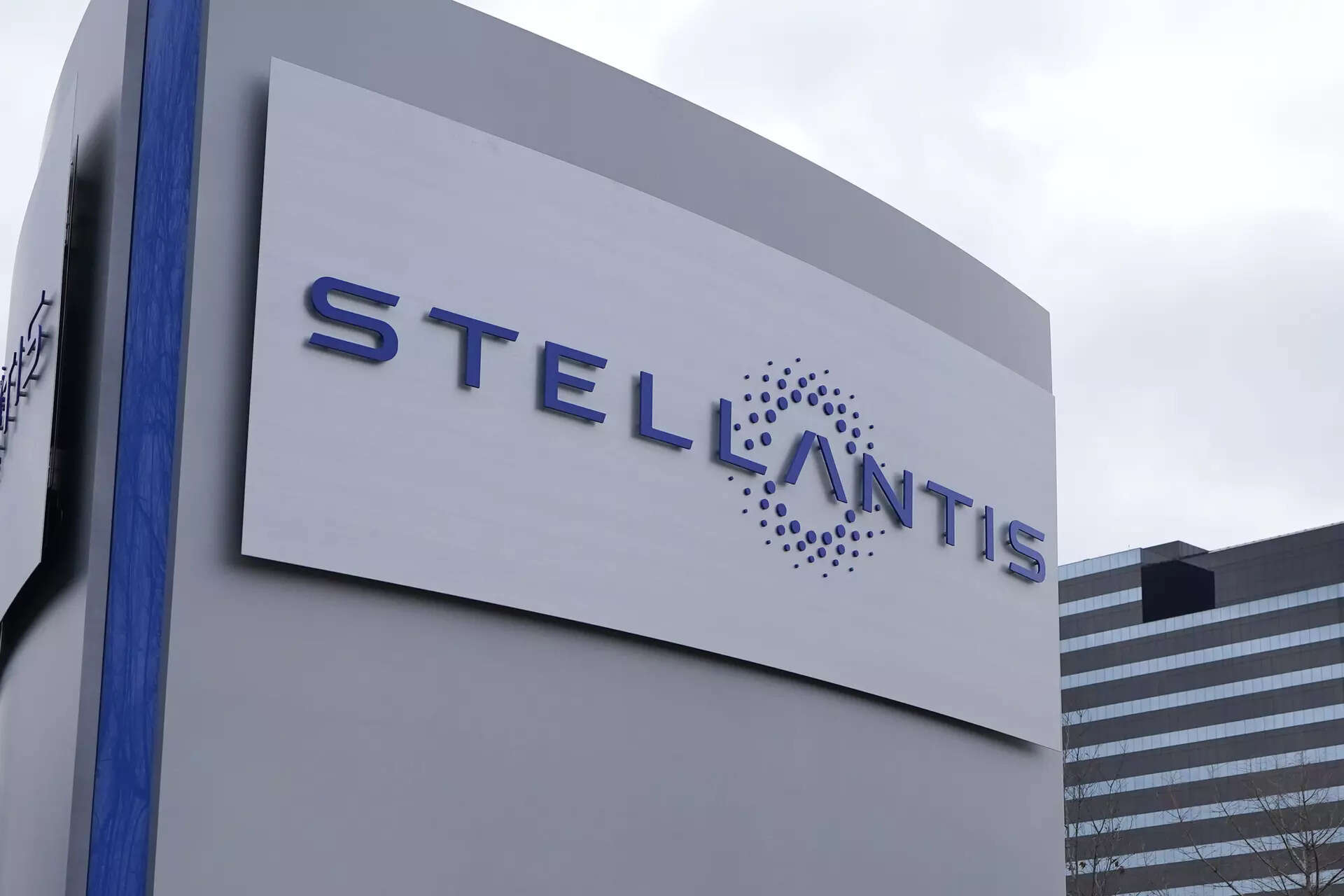
Automaker Stellantis and South Korea’s LG Energy Solution (LGES) are implementing “contingency plans” related to a more-than CUSD 5 billion (USD 3.7 billion) battery plant investment in Canada because the federal government has not delivered on its promises, a Stellantis spokesperson said on Friday.
“As of today, the Canadian Government has not delivered on what was agreed to, therefore Stellantis and LG Energy Solution will immediately begin implementing their contingency plans,” Stellantis said in a brief emailed statement, without elaborating.
LGES and Stellantis announced the investment last year to establish a large-scale, domestic, electric vehicle battery manufacturing facility in Canada.
At the time, Canada’s Innovation Minister Francois-Philippe Champagne described the deal, which included about USD 1.48 billion from LGES and undisclosed contributions from federal and provincial governments, as the largest ever in the Canadian auto sector.
A spokesperson for Champagne said on Friday that the “auto industry is crucial to the Canadian economy and to the hundreds of thousands of Canadian workers.”
“We continue to negotiate in good faith with our partners. Our top priority is and remains getting the best deal for Canadians,” the spokesperson said.
Earlier, Finance Minister Chrystia Freeland said Canada was having “good discussions” with Stellantis, after a newspaper reported that automaker was looking for better government subsidies than originally offered by Ottawa.
“We are, as the federal government team working very, very hard on Stellantis, we’re very, very focused on it,” Freeland told reporters on a call after meetings with G7 partners in Japan.
Stellantis is threatening to pull the plug on the battery plant unless it’s deal with the government is sweetened to the level Volkswagen received this year, the Toronto Star newspaper reported earlier on Friday, citing unnamed sources.
The Star said Stellantis began seeking an enriched deal in Canada shortly after the U.S. Inflation Reduction Act, which offers USD 369 billion of subsidies for electric vehicles and other clean technologies, passed into law last year.
Canada’s deal with Volkswagen for a battery gigafactory, announced this year, is the biggest single investment ever in the country’s electric-vehicle supply chain.
The federal government has committed to provide up to CUSD 13.2 billion in manufacturing tax credits through 2032, while Europe’s largest carmaker is investing up to CUSD 7 billion to build the plant St. Thomas, Ontario.
Canada, home to a large mining sector for minerals including lithium, nickel and cobalt, is trying to woo companies involved in all levels of the EV supply chain via a multi-billion-dollar green technology fund as the world seeks to cut carbon emissions.

